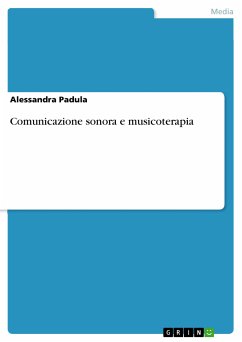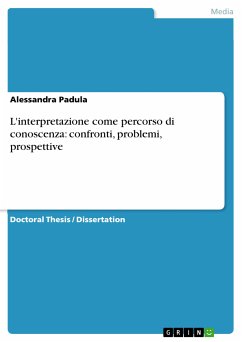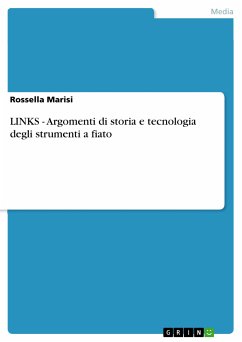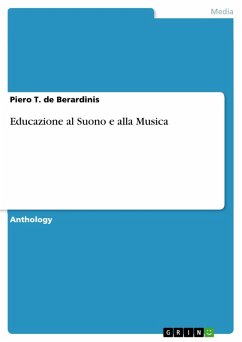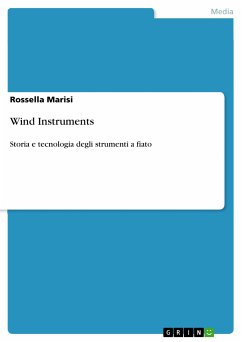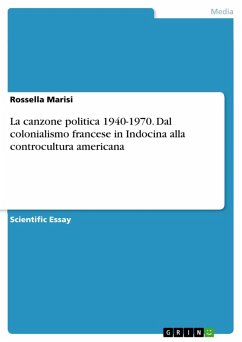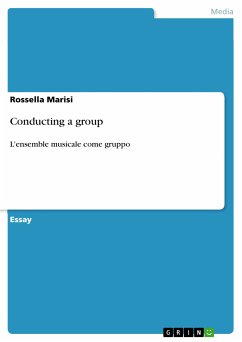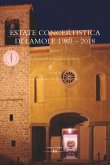Document from the year 2008 in the subject Musicology - Miscellaneous, , language: Italian, abstract: In music therapy practice, therapist and patient cover a shared route which may let them grow in broad-mindedness, self-comprehension and -integration, social integration, psychophysical balance, development of interests, motivations and self-esteem. Patient is challenged to believe in the possibility of changing, and therapist is challenged to help him/her fit into living life to the full. But sometimes it isn't easy to work with patients who choose to be mute and inactive during music therapy sessions for so long time that we could almost say "they refuse to communicate". Nevertheless, according to Watzlawick's theory, we know that it is impossible not to communicate, because each behaviour is a communication act; even when the patient maintains a stubborn silence, the music therapist can set up a musical dialogue with him, "translating" in sounds and music the patient's non-musical behaviours (exclamations, gestures, movements, etc.). Therefore, in this work, music therapy activities are considered mainly as communication activities, framing them in the field of general communication and connecting them with activities in the verbal and in the non-verbal field. Then this work analyses some basic ideas of the sound-music communication (relationship through different perception systems, parameters of sound and noise, physical and "psychological" effects of an exposition to sounds and noises, etc.), stressing the consequences which can derive from these previous statements and citing reference cases. Finally this study suggests some communication techniques, based on the use of the languages of sound (speech and music), citing the experiences of famous music therapists, and supplies materials which can be used in work-shops on expression and communication through sounds.
Dieser Download kann aus rechtlichen Gründen nur mit Rechnungsadresse in A, B, BG, CY, CZ, D, DK, EW, E, FIN, F, GR, HR, H, IRL, I, LT, L, LR, M, NL, PL, P, R, S, SLO, SK ausgeliefert werden.

